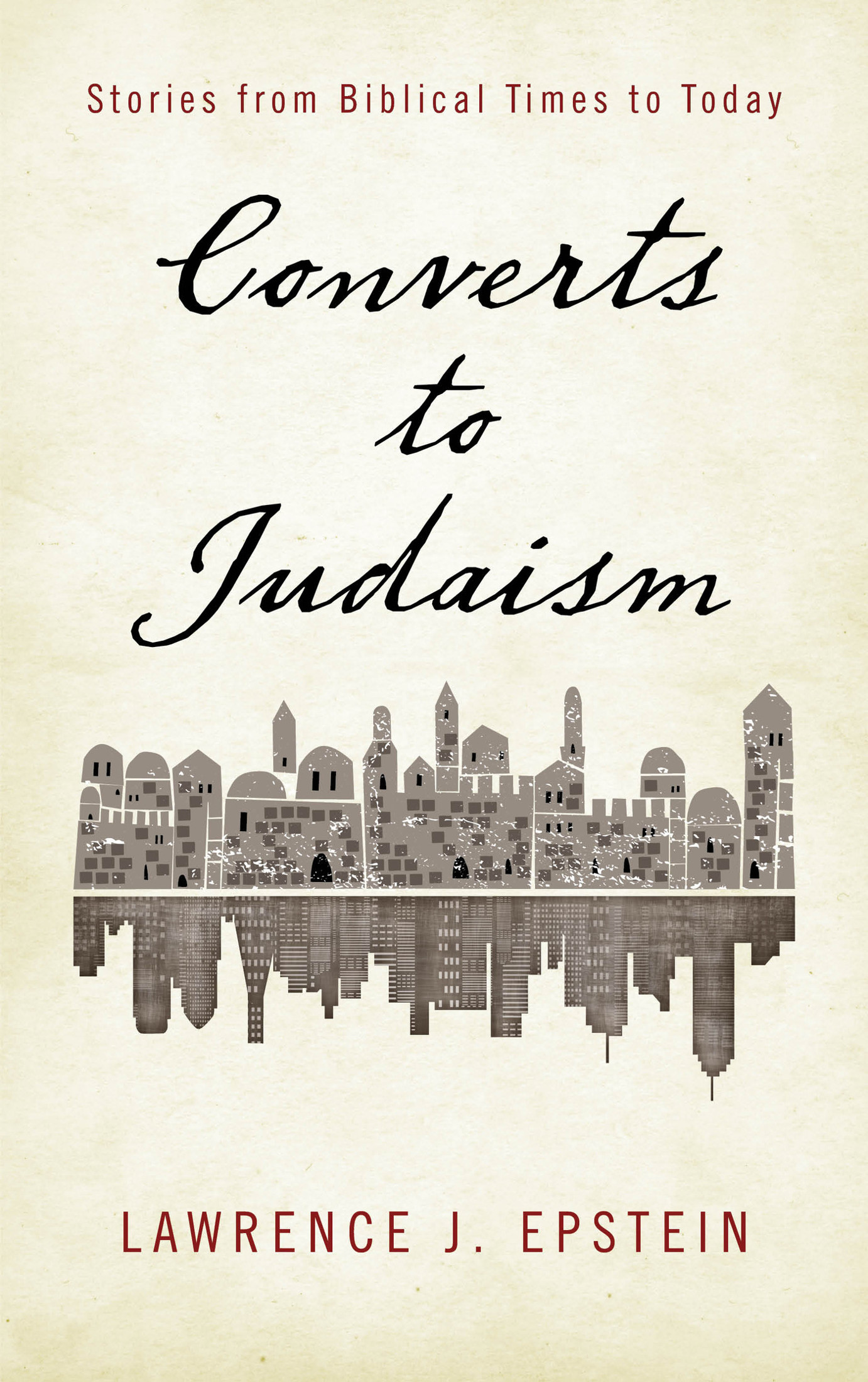Converts to Judaism
Converts to Judaism
Stories from Biblical Times to Today
Lawrence J. Epstein
ROWMAN & LITTLEFIELD
Lanham Boulder New York London
Published by Rowman & Littlefield
A wholly owned subsidiary of
The Rowman & Littlefield Publishing Group, Inc.
4501 Forbes Boulevard, Suite 200, Lanham, Maryland 20706
www.rowman.com
Unit A, Whitacre Mews, 26-34 Stannary Street, London SE11 4AB,
United Kingdom
Copyright 2015 by Rowman & Littlefield
All rights reserved. No part of this book may be reproduced in any form or by any electronic or mechanical means, including information storage and retrieval systems, without written permission from the publisher, except by a reviewer who may quote passages in a review.
British Library Cataloguing in Publication Information Available
Library of Congress Cataloging-in-Publication Data
Epstein, Lawrence J. (Lawrence Jeffrey)
Converts to Judaism : stories from biblical times to today / Lawrence J. Epstein.
pages cm
Includes bibliographical references and index.
ISBN 978-1-4422-3467-3 (cloth : alk. paper) ISBN 978-1-4422-3468-0 (electronic)
1. ConversionJudaismHistory. 2. Jewish convertsBiography. I. Title.
BM729.P7E664 2015
296.7'10922dc23
2014034409
 TM The paper used in this publication meets the minimum requirements of American National Standard for Information Sciences Permanence of Paper for Printed Library Materials, ANSI/NISO Z39.48-1992.
TM The paper used in this publication meets the minimum requirements of American National Standard for Information Sciences Permanence of Paper for Printed Library Materials, ANSI/NISO Z39.48-1992.
Printed in the United States of America
This book is dedicated to my grandchildren
Lily, Grayson, and Emilia Rose
Preface
In about 1140, the Spanish Jewish philosopher Yehuda Halevi wrote a book widely known as the Kuzari. The book is a dialogue between the king of a group of people called the Khazars and a rabbi. The king is trying to figure out which religion his people should follow. As Halevi constructs the debate, the rabbi does not offer logical proofs of Gods existence. Instead, the rabbi considers Jewish history as a key to understanding the Jewish people. The rabbi recounts how Jews were able to survive after losing their nation and so consistently facing poverty and persecution. How, he wonders, could they maintain their faith and their reliable moral compass in the most hostile conditions life offers?
Prompted by Halevis approach, I want in this book to examine an underappreciated part of that history, the contributions converts to Judaism have made to the Jewish people and the Jewish religion. The book isnt an argument to welcome converts, although in the last chapter I will provide the sort of argument that is inherent in Jewish history. Instead, I provide this history because I believe it offers the best proof that encouraging converts to Judaism is codified in Jewish law, coheres with the most basic beliefs of Judaism, is part of the Jewish spiritual vocation, has a noble past filled with colorful characters, and offers a promising future. I am not unaware of or indifferent to the communal concerns some people have about conversions. I try in this volume to discuss every one of those concerns in a fair way.
History is vital to the Jewish people. Jews believe in their shared destiny, in the significance of their historic spiritual journey, and so in the significance of every act they undertake, seeing it as accelerating or retarding their personal spiritual growth and the achievement of a better world. Jews see themselves as partners with God in the ongoing work of creation, and so every person and every contribution is vital, every day a chance for renewal, every adversity a hurdle to be leaped. In this book, I try to show that converts have contributed immensely as the Jewish people traversed paths through a sometimes painfully difficult world. The book traces the history of conversion to Judaism in Jewish life, the legal tangles, the attractions of the Jewish faith, the resistance to converts that grew, and the fate of conversion in the story of the Jewish people.
Ive had a long-standing interest in the subject of converts to Judaism. Many people assume that there must be a personal reason for this interest. There is a reason, but it is not obvious. My wife, for example, was born Jewish. I dont know of any of my or her ancestors who were converts. Indeed, I am a Kohen, a purported descendant of Aaron and therefore from a priestly class not allowed to marry converts in traditional Judaism. My interest is therefore not familial, but it is autobiographical. While I was born and raised as a Jew, I had no emotional connection to being Jewish, no strong ties. And then, in my early twenties, I went on a search for faith, much like the king of the Khazars, but, unlike the king, I found that faith in my own spiritual backyard. My conversion to Judaism wasnt literal, but I intensely identified with all those people who, having sought and searched, found in Judaism the guidelines for believing and living.
I began to study why converts joined the Jewish people. I wrote some books about conversion, including a guidebook for those who wished to become Jewish. As I talked to many people, I realized that converts were not always understood, that all they had given to their adopted people were too often hidden gifts.
This book is an attempt to give converts their true and justified place in Jewish history.
I start with an overview of the subject and then proceed era by historical era, starting naturally with biblical times. As I proceed, the converts discussed are put in historical context. It is crucial to understand, for example, the immense spiritual and often physical courage that converts had to face and the arc of Jewish efforts to encourage their conversion and welcome them to Jewish life. This courage often included confronting the persecution they faced for joining the Jewish people. The story of welcoming converts also includes withdrawing from such activities on a widespread basis and, slowly, recovering the initial impulse to welcome new Jews. I also try to trace the evolution of conversion in Jewish law to see how it adapted and found a place for converts. I offer an interpretation that encouraging converts is a mandated task for the Jewish people, that Jews should welcome sincere converts without using any pressure on them. This interpretation is embedded in the historical march of the book.
All writers are reluctant to fence off the intended readership of their books, to limit those who might find it useful. But I did have certain audiences in mind as I planned this work. I hope, in particular, that converts, would-be converts, their friends, and their families will find support in these pages as they witness the unfolding pageant of the people they or their loved ones join. I wanted to write for Jews who remain suspicious of converts, who wonder whether they are genuinely Jewish or what they can add to Jewish life. The book is meant for anyone interested in religious history, Jewish history, and the individual souls sometimes disquieting, often heroic, struggle to find a home.
I invite you, the reader, also to explore the mysteries of the past, to see the staggering ways history has shaped all of us. History is within us, and we are within history. Knowing our past, carrying it with us, helps us understand who we are, how we got here, and where we might go. Jewish history is surely unique. The Jews have been everywhere, encountered every hostility the cosmos can throw at a people, and endured seemingly unendurable suffering, yet here we are, still struggling, still fueled by a fire in every vein, still curious about tomorrow. The Jewish story is a good one to follow, and the place of converts in that story has within it more than a few surprises.
Next page
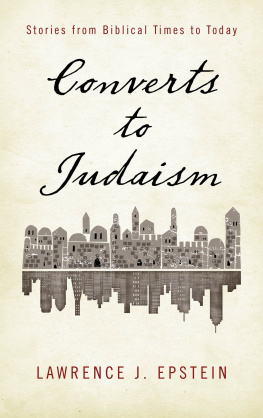

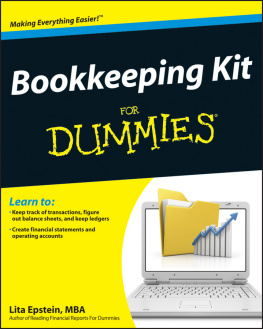
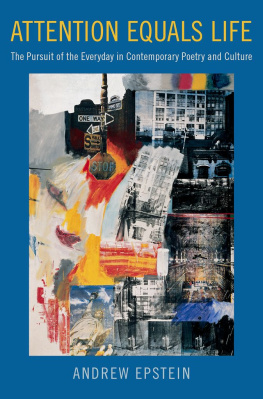



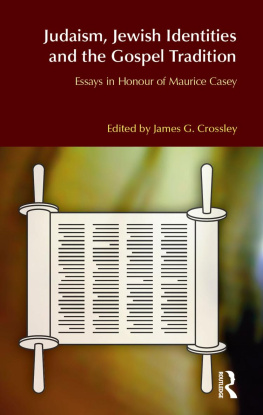

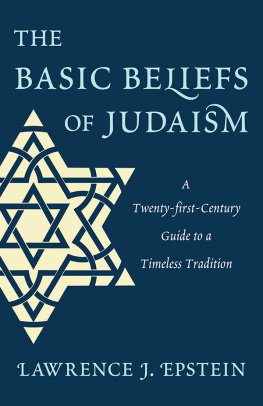


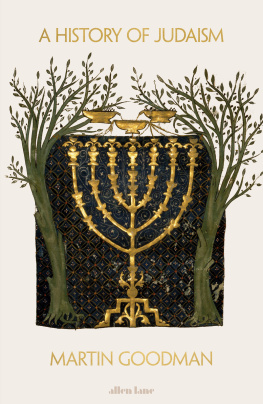
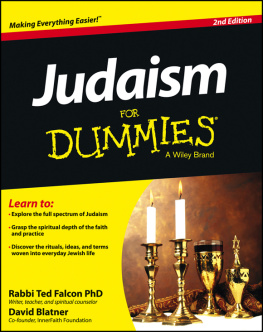
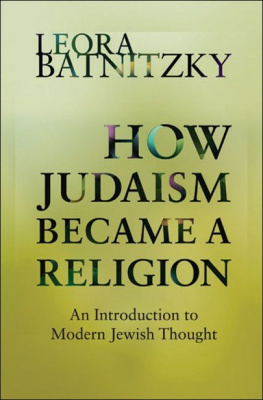
 TM The paper used in this publication meets the minimum requirements of American National Standard for Information Sciences Permanence of Paper for Printed Library Materials, ANSI/NISO Z39.48-1992.
TM The paper used in this publication meets the minimum requirements of American National Standard for Information Sciences Permanence of Paper for Printed Library Materials, ANSI/NISO Z39.48-1992.